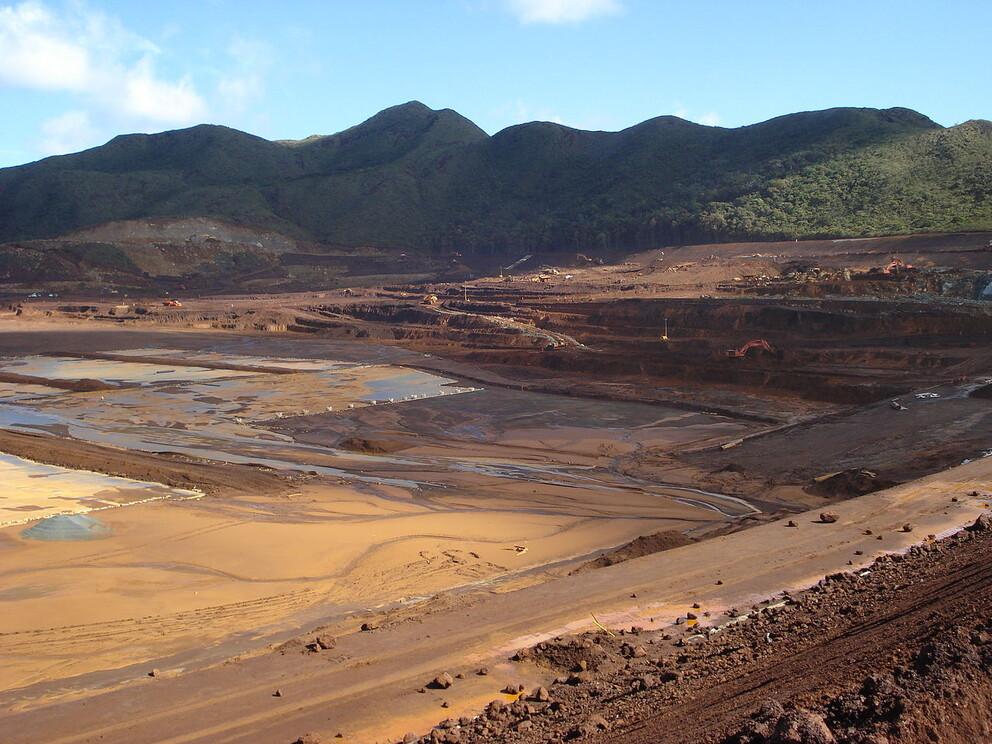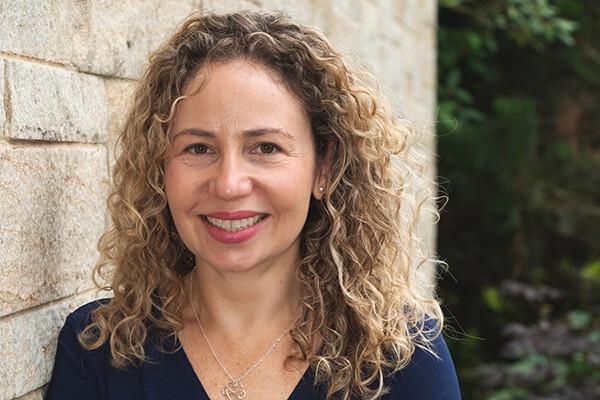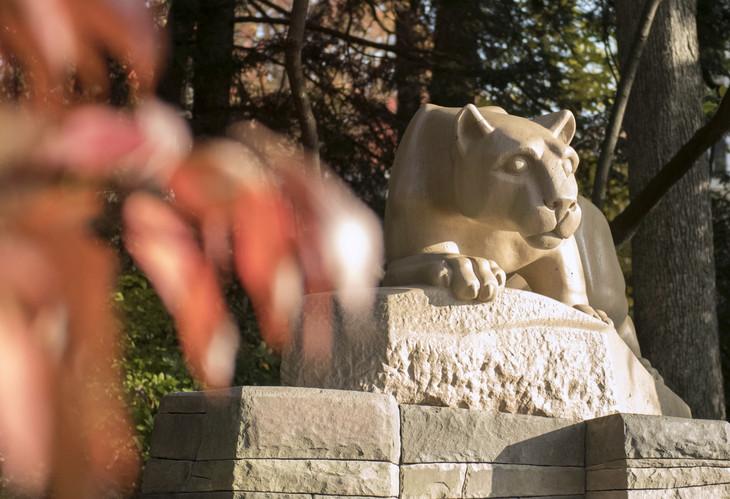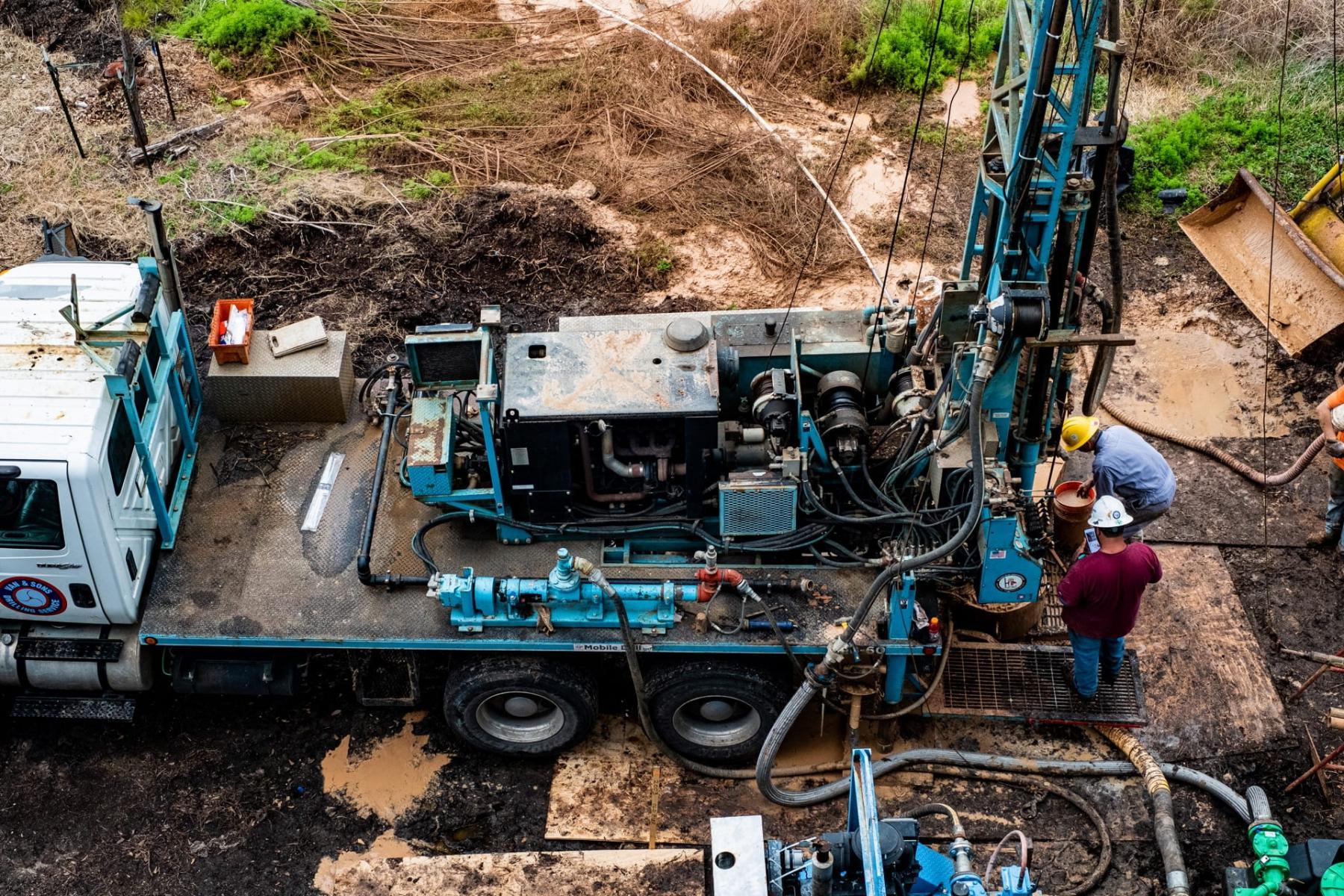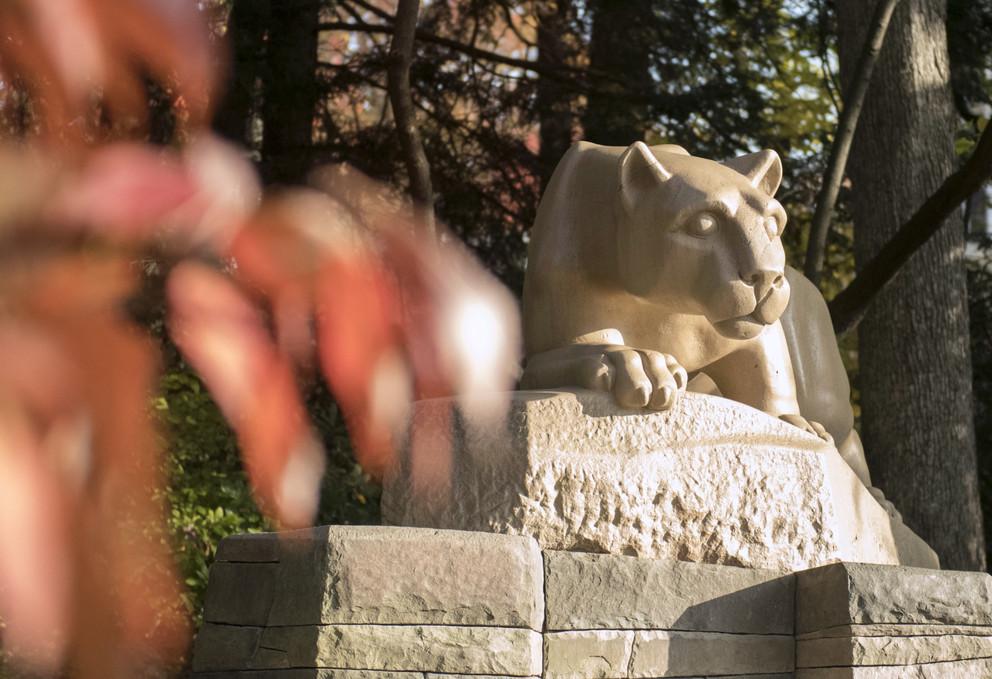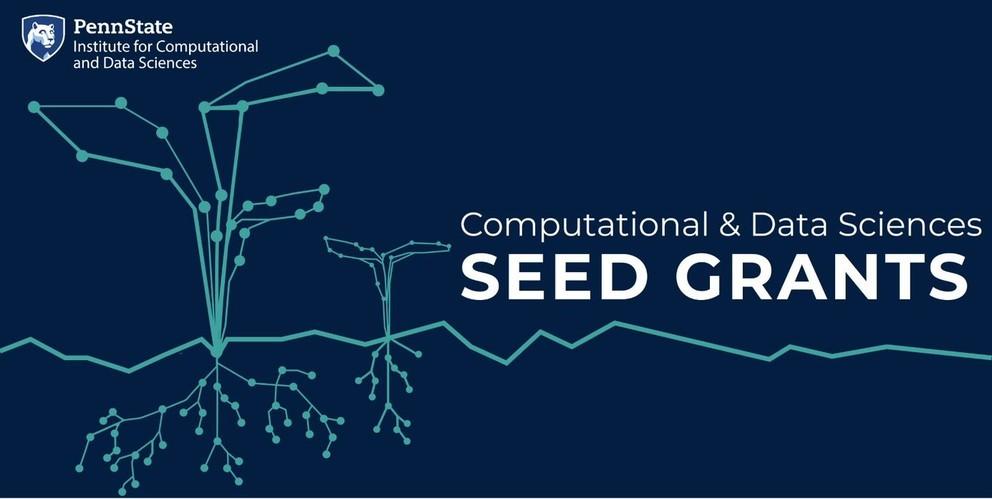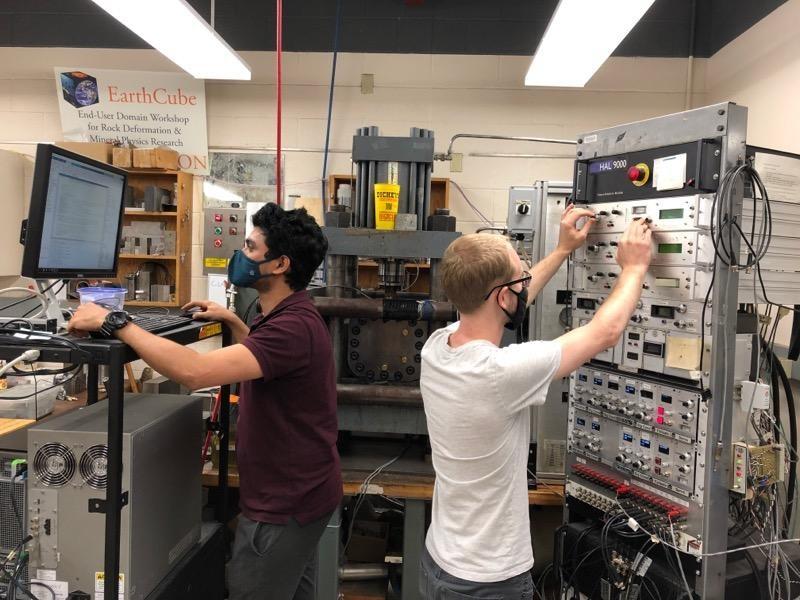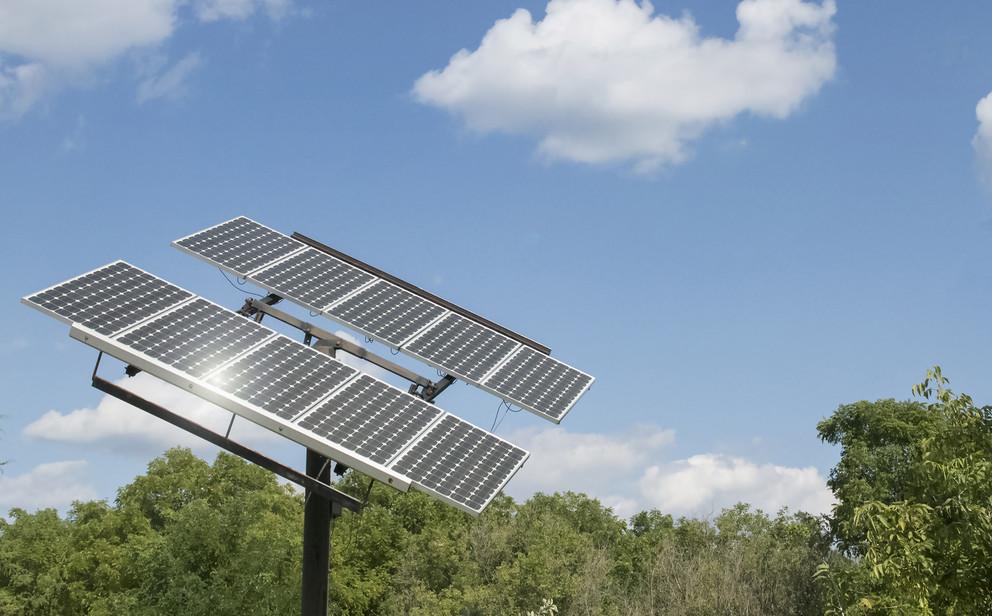A new method improves the extraction and separation of rare earth elements — a group of 17 chemical elements critical for technologies such as smart phones and electric car batteries — from unconventional sources. New research led by scientists at Penn State and the Lawrence Livermore National Laboratory (LLNL) demonstrates how a protein isolated from bacteria can provide a more environmentally friendly way to extract these metals and to separate them from other metals and from each other. The method could eventually be scaled up to help develop a domestic supply of rare earth metals from industrial waste and electronics due to be recycled.
Zuleima Karpyn, associate dean for graduate education and research in the College of Earth and Mineral Sciences and professor of petroleum and natural gas engineering, was named the inaugural Donohue Family Professor.
Tom Richard, director of the Penn State Institutes of Energy and the Environment (IEE), has announced his intention to step down from his position with the institutes after more than 13 years of dedicated leadership.
Mohammad Rezaee, assistant professor of mining engineering in the John and Willie Leone Family Department of Energy and Mineral Engineering, was selected to receive the Centennial Career Development Professorship in Mining Engineering in the College of Earth and Mineral Sciences.
In Spring 2019, the EMS Energy Institute announced a new call for seed grant proposals to encourage exploratory and collaborative research with new ideas that will likely advance energy science and technology significantly and potentially lead to new externally funded research projects.
Rice University and Penn State are teaming up to develop sophisticated fiber-optic sensors and seismic sources to find and evaluate small faults deep underground at sites that store carbon dioxide (CO2) to keep it out of the atmosphere.
The Institutes of Energy and the Environment (IEE) has awarded seed grants to 22 groups of interdisciplinary researchers at Penn State for the 2020-21 award cycle.
From making our roads safer to paving the way to exoplanet discovery, the Institute for Computational and Data Sciences (ICDS) seed grants have funded 14 projects backed by researchers from across the disciplines and around the University. The 2021-22 ICDS seed grant program is designed to help scientists use the latest computational technology and cutting-edge data science techniques to deepen understanding and develop innovation across fields and disciplines.
Over the last decade, geothermal energy has progressed throughout the world as an environmentally friendly, sustainable source of energy. Using the heat from the Earth’s crust, geothermal power plants harvest and store energy in massive underground reservoirs carved out of stone. Once built, the reservoirs are inaccessible and monitored remotely — but not infallible. Earthquakes and more can fracture the subsurface rock, risking the integrity of the reservoir and endangering energy production.
To continue Penn State’s commitment toward a sustainable future, University leaders are working with the University Park Undergraduate Association (UPUA) and various student organizations to educate the Penn State community and update student leaders on Penn State’s overarching actions toward sustainability and its energy-related investment strategies.


